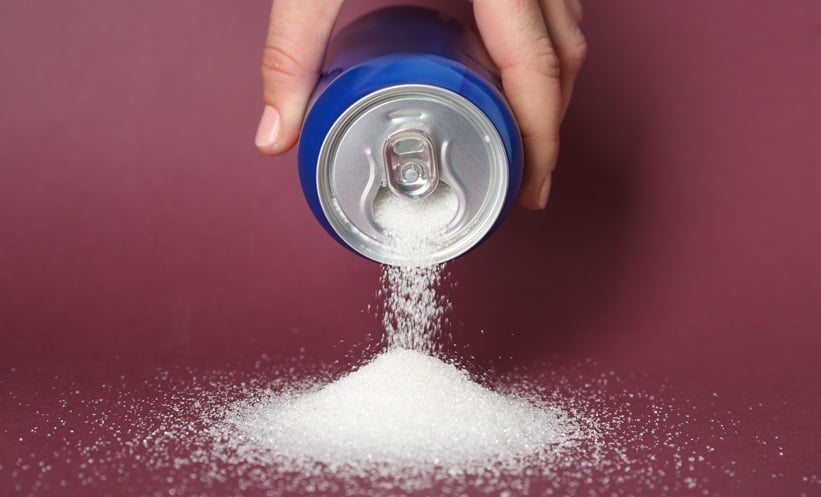HIGH consumption of several artificial sweeteners, including aspartame and saccharin, is linked to a much faster decline in memory and thinking skills over eight years, a large Brazilian study has found. These effects were particularly pronounced in people with diabetes and adults under 60.
Artificial sweeteners such as aspartame, saccharin, acesulfame-K, erythritol, xylitol and sorbitol are widely marketed as healthy alternatives to sugar, especially in products aimed at people with diabetes or those trying to manage their weight. While these additives are common in processed foods, energy drinks, and low-calorie desserts, mounting evidence raises concerns about their possible long-term impact on brain health. The study, recently published in the journal Neurology, did not prove causation but is the largest to date to highlight this potential risk.
Researchers followed 12,772 adults from across Brazil over an average of eight years, evaluating dietary habits and cognitive performance at several time points. Participants completed regular questionnaires on their consumption of seven different low- and no-calorie sweeteners and underwent standardised tests for memory, language and thinking. Those consuming the highest amounts, about 191 milligrams per day on average, experienced a 62% faster cognitive decline compared to the lowest group, with results equivalent to 1.6 years of ageing. The middle group also declined more rapidly, by 35%. People under 60 and those with diabetes were most susceptible. The decline was strongest in memory and verbal fluency domains and was not seen in people over 60 or with tagatose, a sweetener showing no such association.
For clinical care, these findings suggest that relying on artificial sweeteners for dietary management may carry hidden risks, especially for younger adults and those with diabetes. Given their widespread use, further research will be needed to confirm these links and investigate safer alternatives. Health professionals may wish to discuss the potential cognitive risks of regular artificial sweetener use with patients managing diabetes and weight.
Reference
Gonçalves NG et al. Association between consumption of low-and no-calorie artificial sweeteners and cognitive decline: an 8-year prospective study. Neurology. 2025;7;105(7):e214023.








